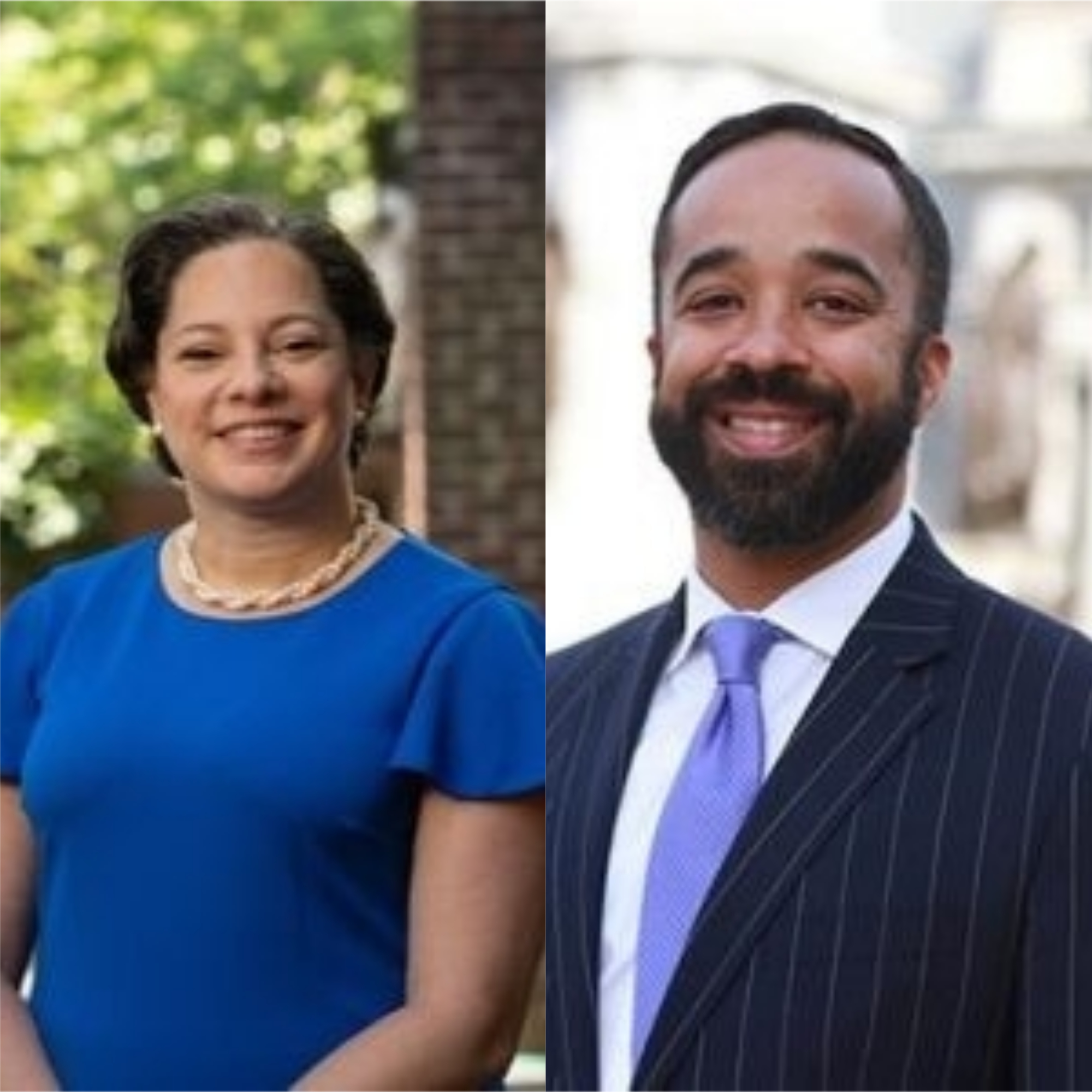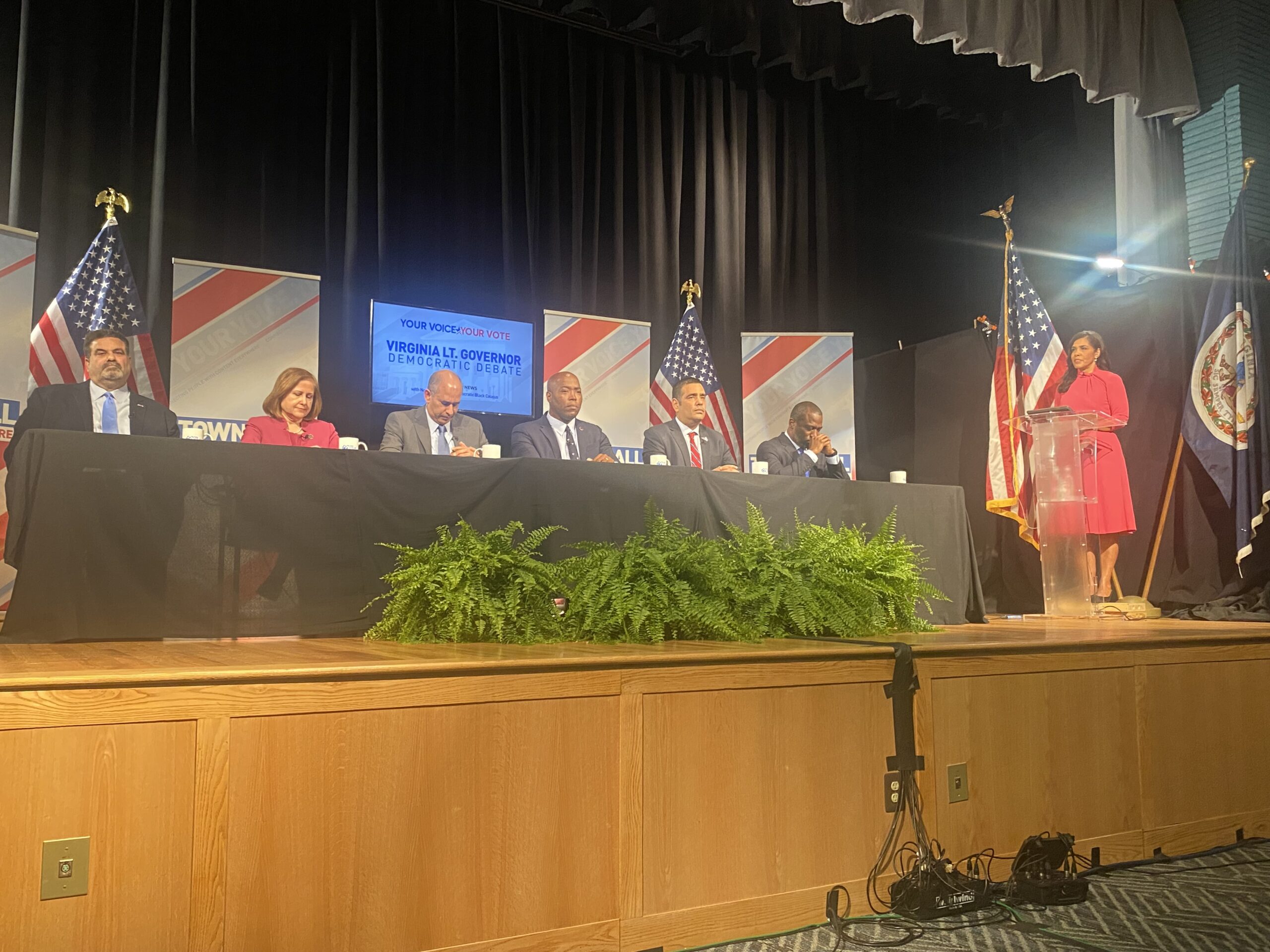McClellan/Bourne Statement on Youngkin Veto of Bipartisan-Backed Appeals Bond Bill
Governor Vetoes Bill That Would Have Ensured Indigent Tenants Had Right to Appeal Their Evictions
Today, Sen. Jennifer McClellan (D-Richmond) and Del. Jeffrey Bourne (D-Richmond) responded to the decision by Gov. Glenn Youngkin to veto a bipartisan-backed bill reforming the eviction appeals process.
McClellan’s and Bourne’s bills (SB 474 and HB 614) would have eliminated the requirement for indigent Virginians to pay appeal bonds in order to have their eviction cases heard, an unfair system that effectively prevents indigent Virginians from appealing an eviction ruling.
The bills passed the legislature with strong bipartisan support. During the Reconvened Session, the Senate and House voted to reject amendments from Gov. Youngkin that would have forced indigent tenants to directly pay their landlords back rent, attorney fees and court costs, in order to have the right to an appeal in court.
“It’s deeply disappointing that Governor Youngkin chose to reject bills with strong bipartisan support that would have given indigent tenants a meaningful opportunity to appeal an eviction,” Sen. McClellan said. “These bills would have ensured that every tenant has equal access to the court system, regardless of their income. This veto will lead to more Virginians being unfairly evicted from their homes because they cannot afford to pay a bond.”
“These bills are crucial in creating a justice system that truly serves us all,” said Del. Bourne. “HB614 and SB474 remove a financial barrier in our courts for tenants who are appealing an eviction. With his veto, Governor Youngkin places the financial burden back on low-income tenants. I am extremely disappointed in the Governor’s decision to veto these bipartisan pieces of legislation. I will continue to work alongside Senator McClellan and our community partners to ensure that our legal system is accessible to all Virginians.”
The original bills introduced by McClellan and Bourne would have removed the mandate that an indigent defendant pay a money bond into court to appeal an eviction judgment from the general district court to circuit court. This mandate effectively denies indigent tenants the right to appeal their eviction judgments.
“With his veto of SB474 and HB614, Governor Youngkin is allowing the unequal and unfair treatment of indigent tenants by our civil justice system to continue,” said Christie Marra, Director of Housing Advocacy for the Virginia Poverty Law Center. “In almost every type of civil case except eviction cases, indigent defendants can appeal their cases without paying the appeal bond. When they passed SB474 and HB614, the General Assembly recognized that logic and fairness dictate indigent tenants in eviction cases should have the same right to have full access to our appellate system. By vetoing these bills, Governor Youngkin is signaling that he believes low-income tenants aren’t entitled to full access to justice. Eviction is often the catalyst that propels a family into long-term poverty. SB474 and HB614 took an essential step toward ensuring that no Virginia family faces eviction and poverty unjustly. The Governor’s veto keeps Virginia stuck in the same place, where families can fall into poverty because of a single incorrect judicial ruling. This is NOT how our justice system was intended to work.”
“Gov. Youngkin’s vetoes of SB474 and HB614 serve only to perpetuate structural inequality in both our housing and our court systems in the Commonwealth,” said Amy Woolard, Director of Policy for the Legal Aid Justice Center. “These bills passed the full General Assembly with bipartisan support and would have represented long-overdue, common-sense progress in assuring access to justice for low-income tenants. No one should be prevented from appealing an eviction judgment because they are too poor to pay a bond, especially when that bond is equal to the amount they are contesting they even owe. In the strongest terms, we oppose these vetoes, which are emblematic of the ways we codify poverty in Virginia, the way we put a sticker price on justice—we will not eradicate poverty until we change the laws that fuel it.”
McClellan’s and Bourne’s bills set a clear standard for determining whether a defendant is indigent in civil cases, bringing it in line with the definition for criminal cases. Virginia’s current law has been unclear, leading to significant confusion.
“The Virginia Code itself does not generally define indigent in the civil context nor specifically define ‘indigent’ in the context of court jurisdiction,” wrote Arlington attorney Steven A. Krieger in the Georgetown Journal on Poverty Law and Policy in 2020. “The definition of indigency seems to fluctuate depending on the statutory context.”



